Enhancing Education through Virtual Reality
As the first anatomically correct, stereoscopic eye model in the ophthalmology space, we are using virtual reality and augmented reality simulation to revolutionize learning.
We live in a world where medical knowledge has expanded exponentially, but the time allotted for learning remains the same. Traditional medical education takes place in the form of passive knowledge transfer through lectures and learning physical exam skills on real patients. We believe that the innovative use of technology can deliver medical education with much greater efficiency and safety, using simulation-based activities to train physicians who can skillfully serve patients.
This is why we have created virtual-reality based education modules for hands-on training in ophthalmology for medical students and residents. As the first virtual reality simulator in this space, we are revolutionizing medical education, and we invite you to join us!
Stereo Classroom
Utilizing a three-dimensional projector, our software can be used for group learning in a classroom setting.
Modalities
Virtual Reality Headset
Individual guided study can be achieved using a commercially available VR headset such as Meta Quest.
Tablet-Based Applications
Individual self-study via tablet-based applications gives independence to the learner.
What Learners are Saying
"I felt that this form of simulation was an invaluable complement to our usual lectures and readings. In fact, there were a few things about the eye (notably extraocular muscles) that I have been taught several times but never really grasped until I saw it on the simulator. I think everyone’s education would benefit from simulations like these, as they give us an opportunity to get a glimpse of hands-on work with things that up to this point we’ve only seen in stationary pictures and textbook cartoons."
Anonymous Student, Loyola University Stritch School of Medicine
"It’s a fascinating way to see the eye. It’s really difficult because it is such a small structure, and as a student, it is hard to know the right ways to look at things, so it’s really cool that we have this as an opportunity to see things that we usually can’t see. I wish we had more access to simulators for just basic anatomy and physiology for first and second year, and in clinical years, especially for a surgical rotation, I think it would be super helpful in preparation to go watch a surgery to understand the surgeries and what structures they’re going to be dealing with."
Anonymous Student, Chicago Medical School




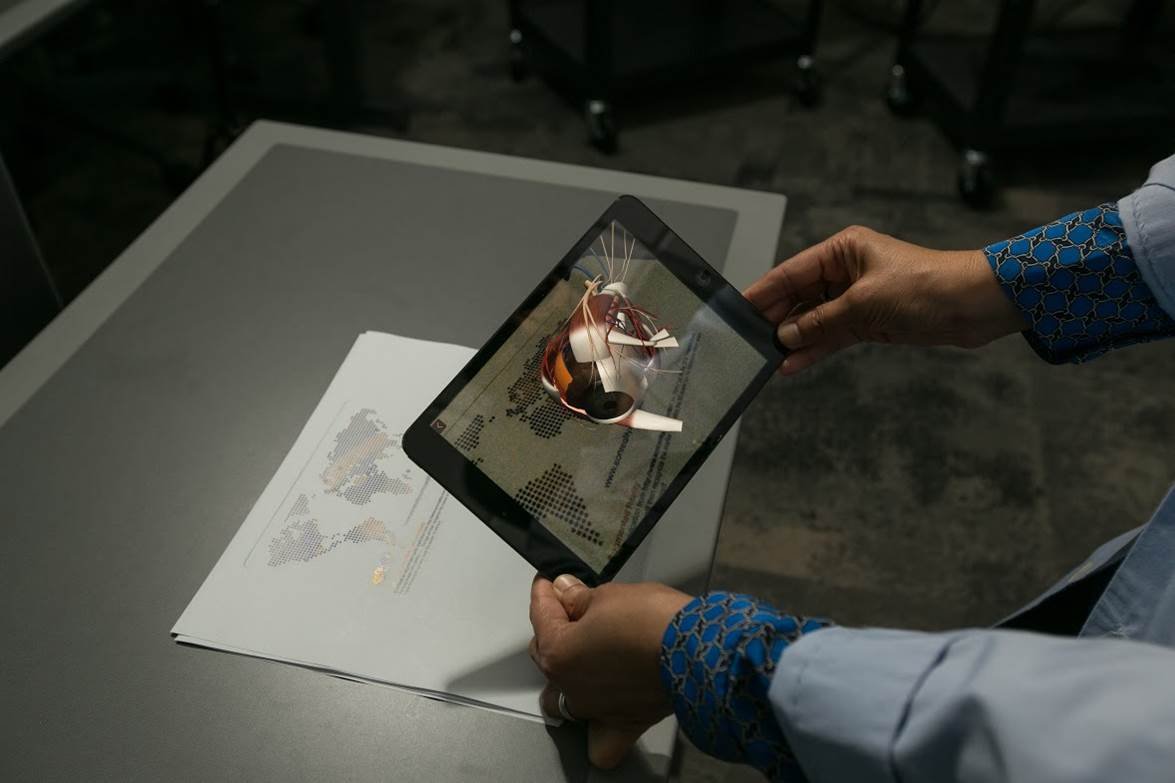


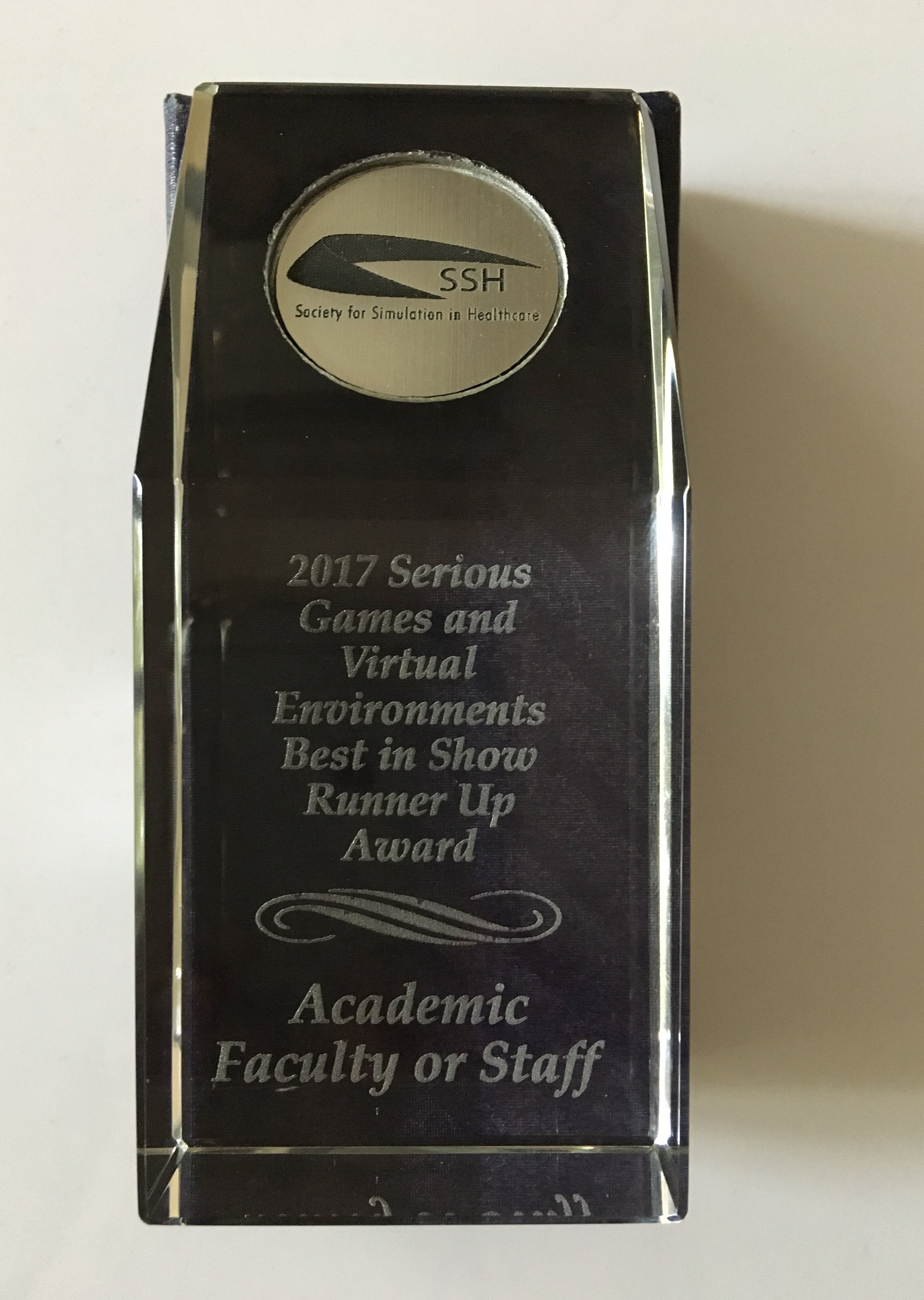
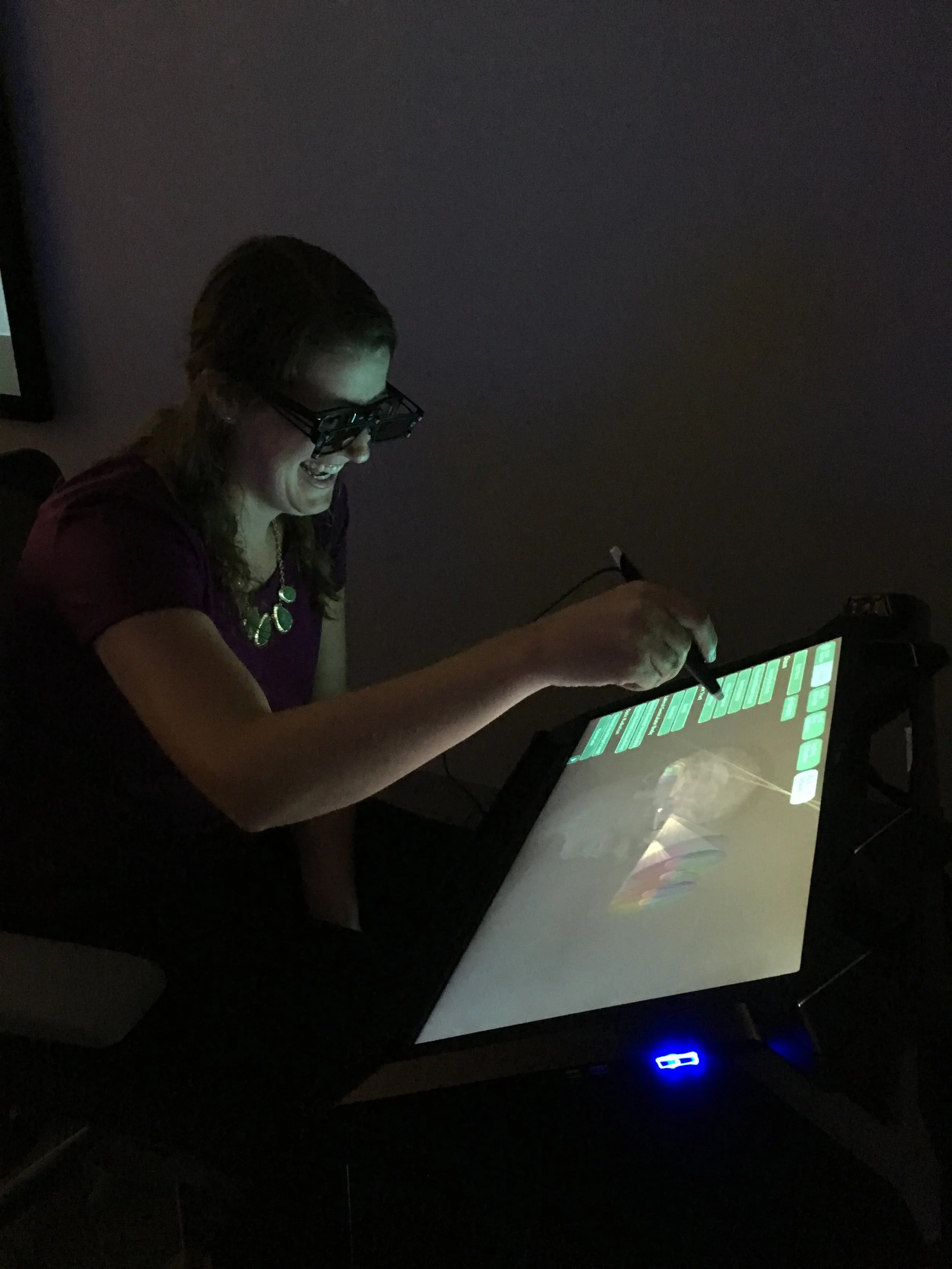


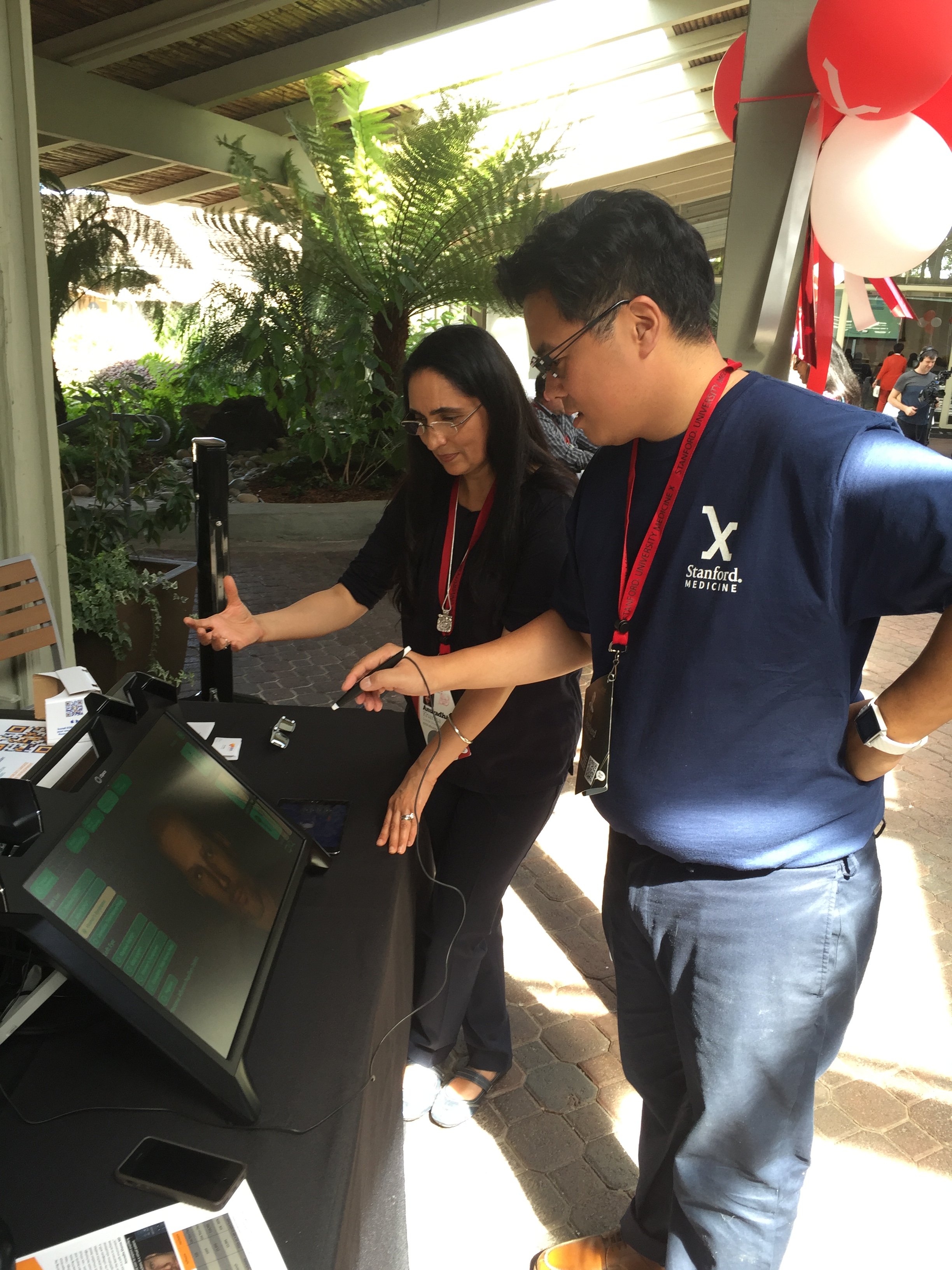
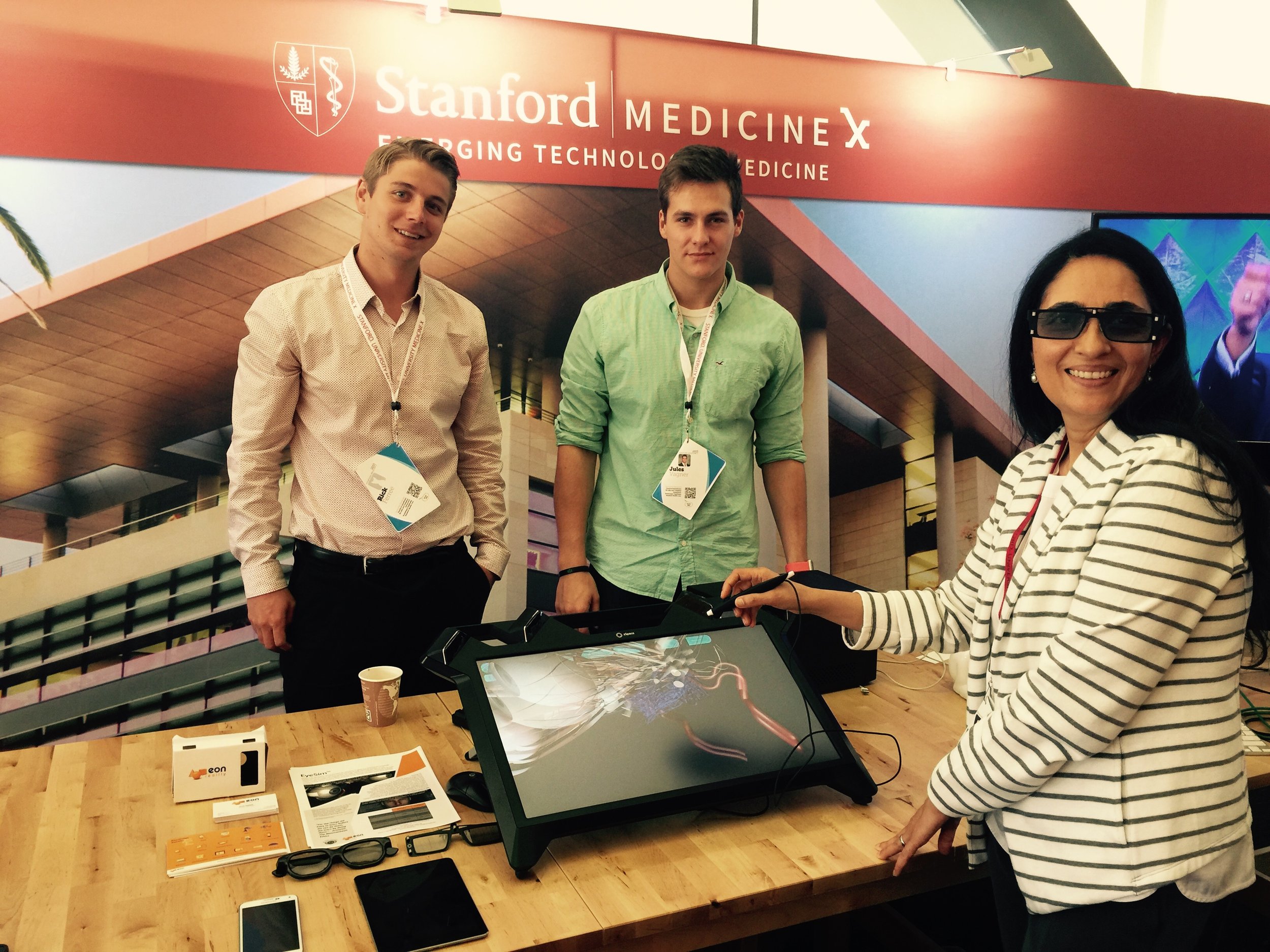


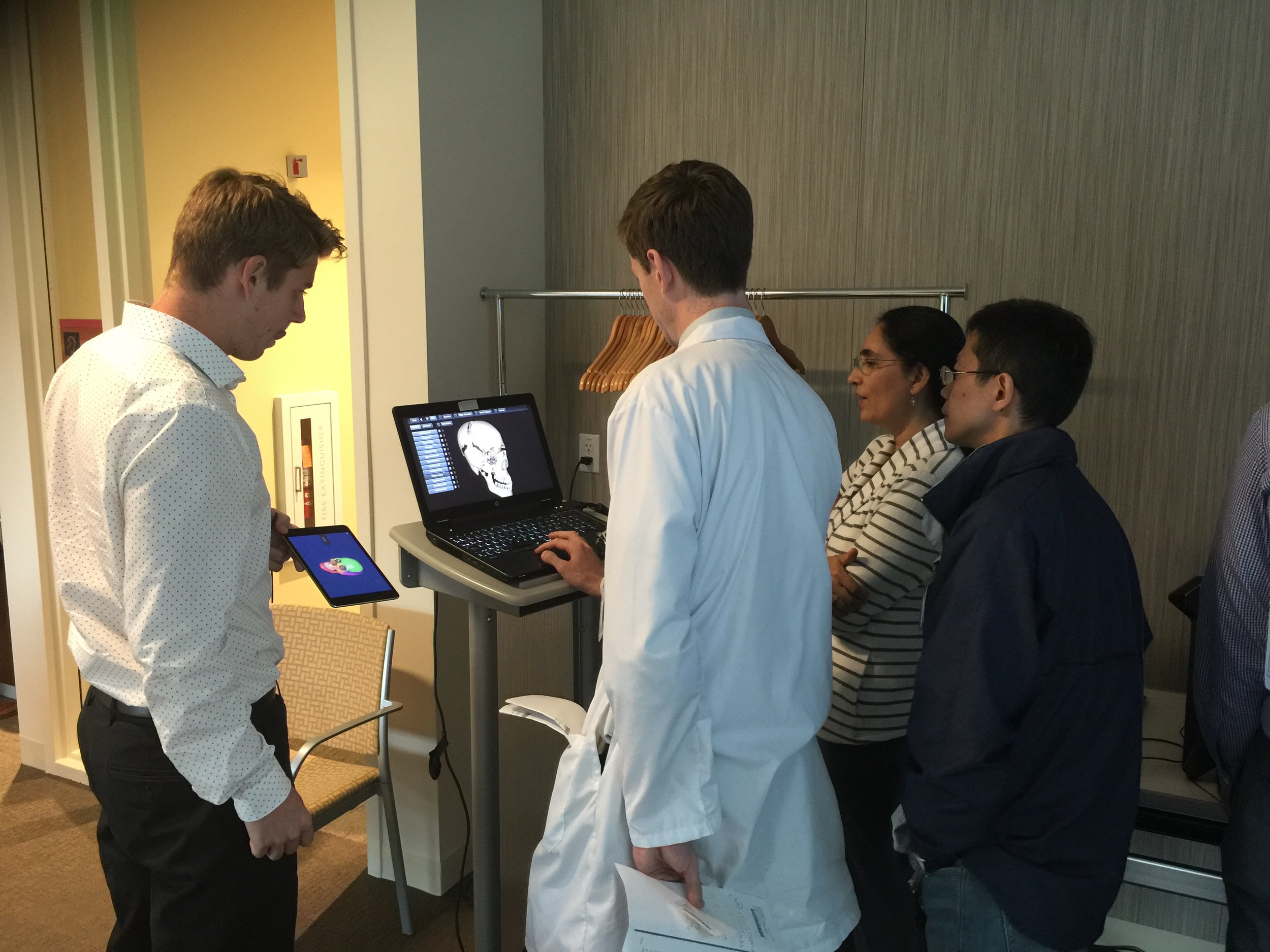

Get in Touch!
Please contact us for further information, discussion, or potential collaboration.






